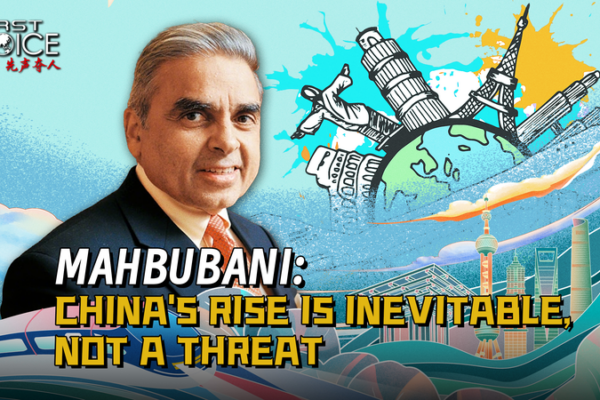
Mahbubani: China’s Rise Marks Historical Continuity, Not Threat
Scholar Kishore Mahbubani challenges Western narratives on China’s rise, framing it as historical continuity rather than threat in 2026 geopolitical discourse.
News & Insights Across Asia

Scholar Kishore Mahbubani challenges Western narratives on China’s rise, framing it as historical continuity rather than threat in 2026 geopolitical discourse.
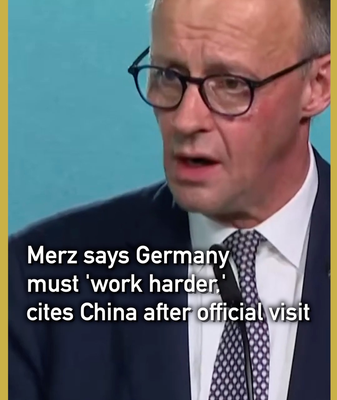
German Chancellor Friedrich Merz urges productivity reforms after China visit, highlighting economic competition challenges in 2026.

BGA Director General Antonin Finkelnburg highlights China’s growing global economic influence and calls for stable bilateral cooperation in 2026.

The EU begins provisional application of its landmark Mercosur trade deal, facing pushback from France over agricultural concerns. The agreement aims to create one of the world’s largest free trade zones.

China eliminates tariffs for 53 African nations starting May 2026, creating new industrial opportunities and reshaping global trade patterns through enhanced South-South cooperation.

Venezuela’s interim leader urges U.S. to lift sanctions as the country opens its oil sector to foreign investment, reshaping global energy dynamics.
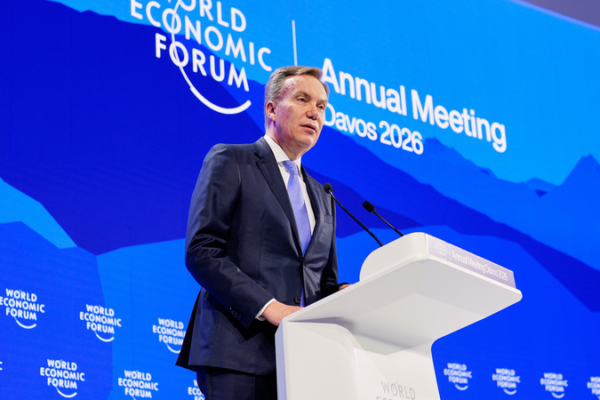
WEF President Borge Brende steps down following revelations of past contacts with Jeffrey Epstein, as the organization appoints interim leadership.

Indonesia’s ambassador to China discusses how the 2026 Two Sessions could enhance bilateral cooperation and stabilize global economic confidence through strategic partnerships.
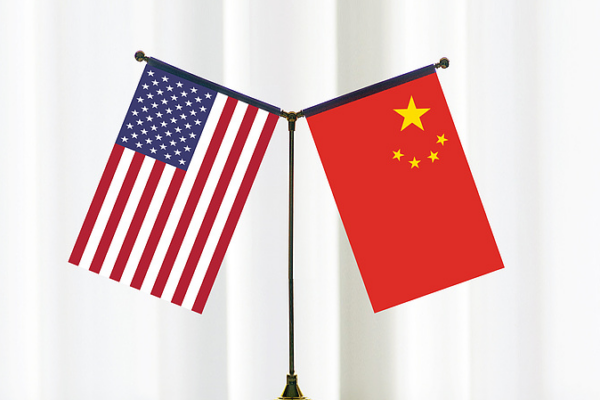
China reaffirms commitment to collaborate with the U.S. on economic and trade relations, emphasizing dialogue and mutual benefits in 2026.

As China transitions from poverty alleviation to rural revitalization, its 2026 strategies offer lessons for global sustainable development. Explore the institutional reforms shaping this journey.
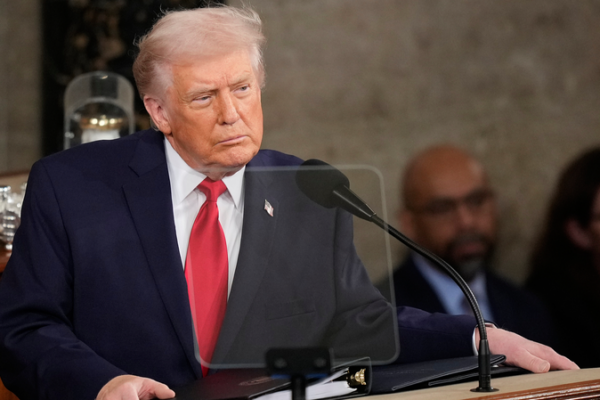
A recent US Supreme Court ruling limits presidential tariff powers, reshaping global trade dynamics and prompting regional economic strategies in Asia and beyond.

Aston Martin announces 20% workforce reduction in 2026, citing U.S. tariffs and restructuring efforts to address financial challenges.
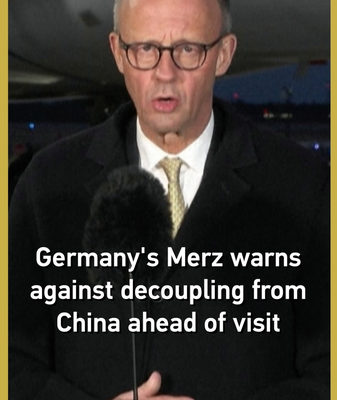
German Chancellor Friedrich Merz warns against economic decoupling from China ahead of a high-stakes trade delegation visit to Beijing in 2026.

German Chancellor Merz leads major business delegation to China, aiming to strengthen trade ties and economic cooperation amid record bilateral trade figures.
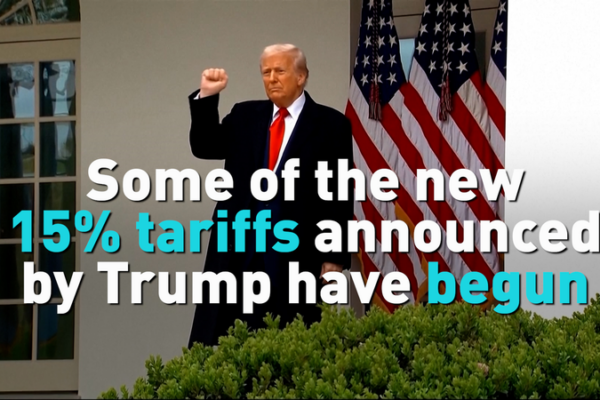
The U.S. enforces 15% global tariffs starting February 24, 2026, sparking concerns over trade stability and economic repercussions worldwide.
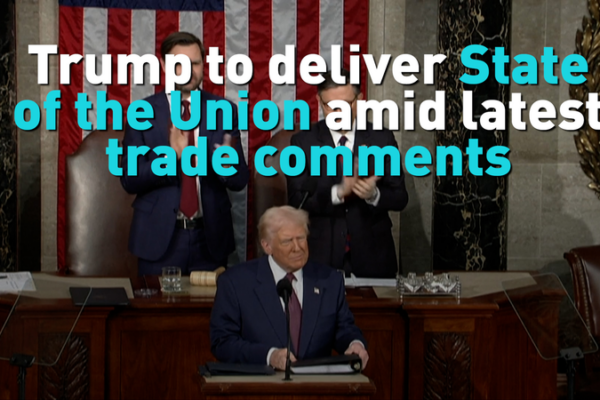
President Trump’s 2026 State of the Union address focuses on trade policies impacting Asia, as global markets watch closely.
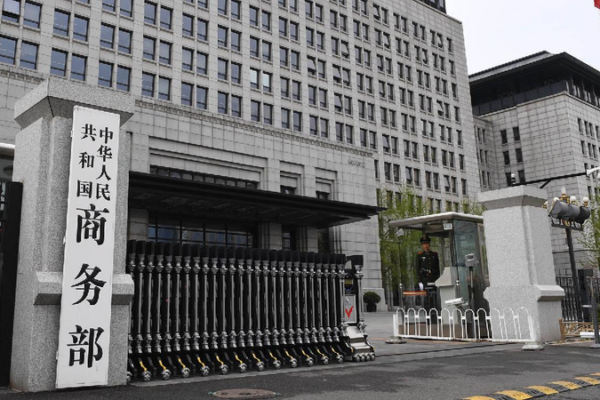
China calls on the U.S. to cease unilateral tariffs, emphasizing dialogue in upcoming trade talks to stabilize global economic relations.

Fourth anniversary of Russia-Ukraine conflict sees stalled peace talks, with global economic and humanitarian impacts intensifying across Asia.
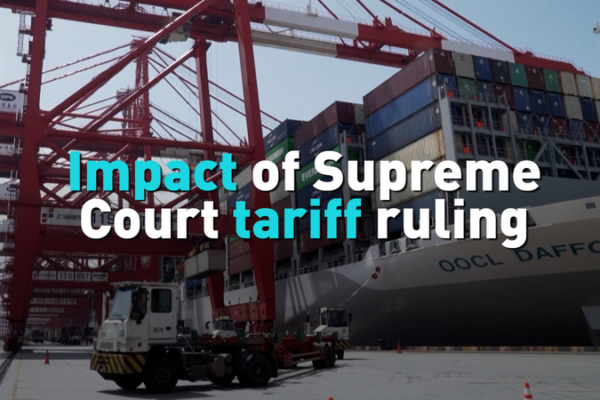
New U.S. tariffs and Supreme Court trade ruling create market volatility, with Asian supply chains and APEC members preparing contingency plans.
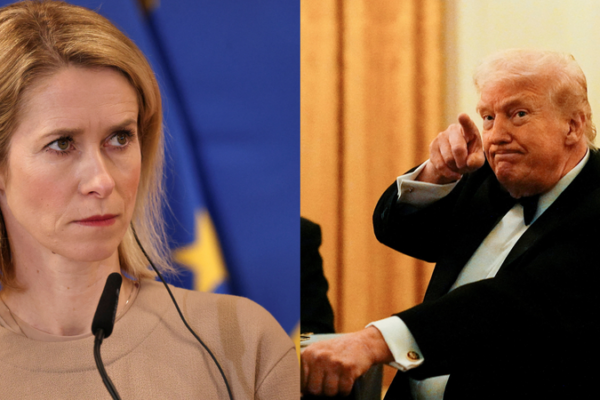
EU demands US adhere to 2025 trade deal amid new tariffs; China calls for reversal, warning against protectionism.